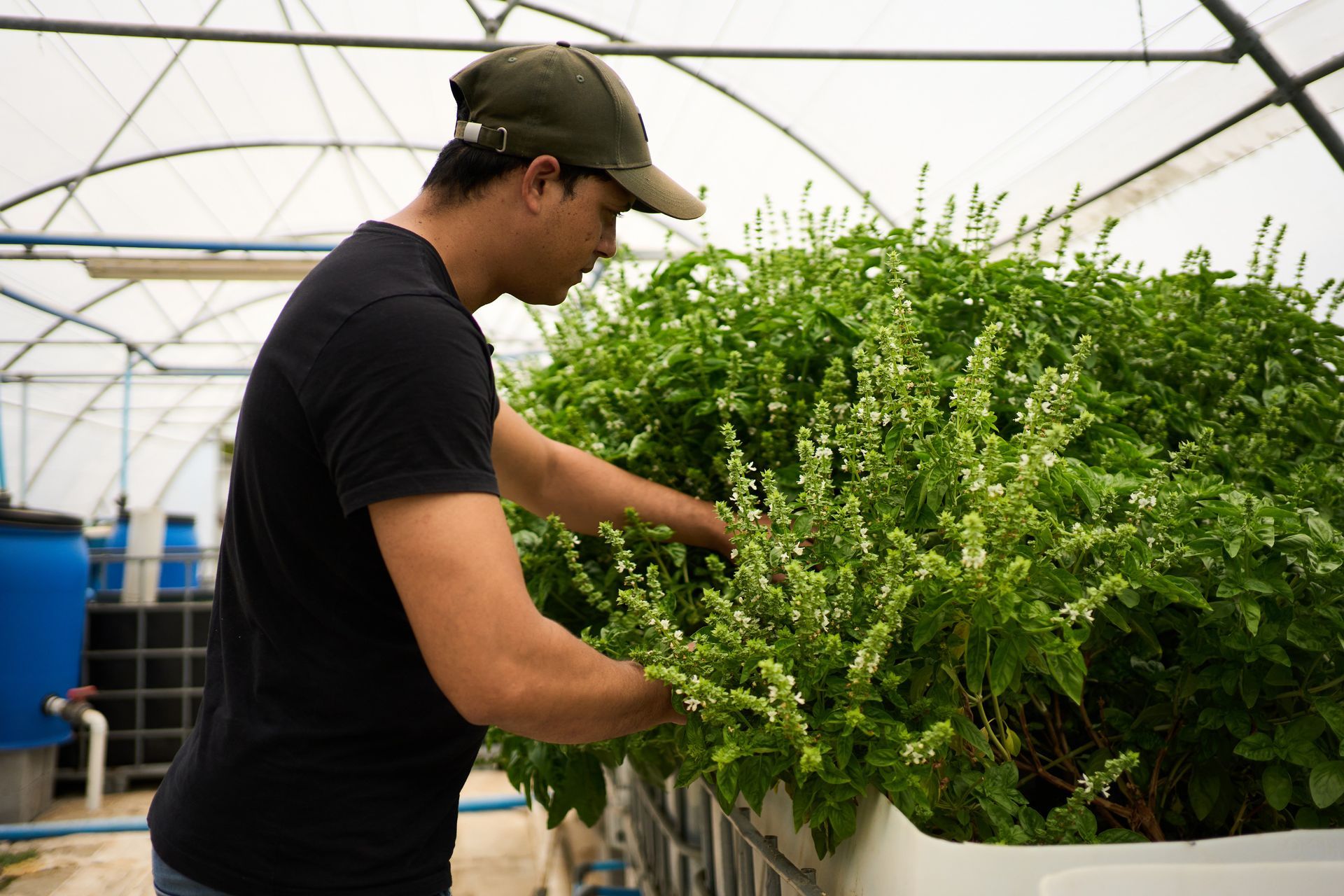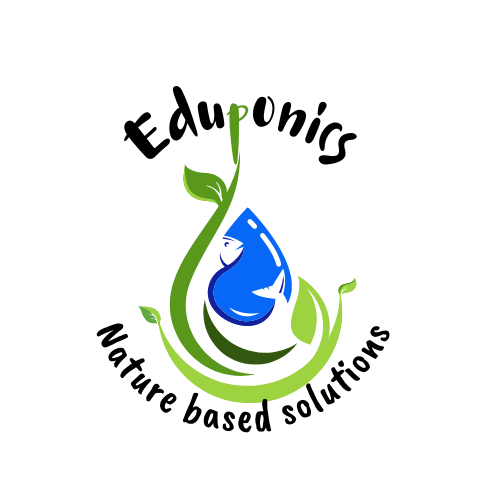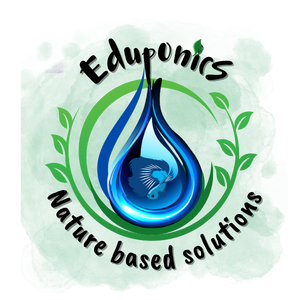Empowering students, educators, and communities with sustainable aquaponic systems that transform the way we learn, grow, and thrive

Introduction
In today's rapidly changing world, innovative and sustainable solutions are needed to address pressing global challenges such as food security, climate change, and quality education. One such solution is aquaponics, an agricultural method that combines aquaculture (raising fish) and hydroponics (growing plants in water without soil) in a closed-loop system. Aquaponics not only offers a sustainable approach to food production but also presents an exciting opportunity to revolutionize education and empower communities through hands-on learning experiences.
Enter Eduponics, a social enterprise dedicated to transforming the educational landscape and addressing food security issues in South Africa through innovative aquaponic systems. In this blog post, we will explore the Eduponics Go Green project, its goals, and the impact it aims to create in schools and communities across the country.
The Eduponics Go Green Project: Bridging the Gap between Education and Sustainable Development
Founded by Mikhail Accom, a passionate advocate for education and sustainable development, Eduponics seeks to make learning fun, engaging, and relevant by integrating aquaponics into the classroom.
By partnering with schools and educators, the Eduponics Go Green project aims to provide students with the tools and opportunities they need to learn through practical, real-world applications that foster critical thinking, problem-solving, and collaboration.
Aquaponics as an Educational Tool
The beauty of aquaponics lies in its ability to connect various academic subjects, such as biology, science, technology, business studies, accounting, natural science, and geography, through a single, hands-on learning experience.
Students can apply theoretical concepts to real-life scenarios, such as calculating the volume and flow rate of water in an aquaponic system or understanding the role of bacteria in the nitrogen cycle. This interdisciplinary approach not only enhances students' understanding of complex topics but also encourages them to think critically, work collaboratively, and develop innovative solutions to real-world challenges.
Addressing Food Security and Climate Change
Beyond its educational benefits, the Eduponics Go Green project also addresses the pressing issue of food security in South Africa. By implementing aquaponic systems in schools, communities can access fresh, locally-grown produce, increasing the availability of nutritious food options and reducing dependence on imports.
Moreover, aquaponics promotes environmental stewardship by conserving water, minimizing waste, and reducing the need for harmful chemicals and pesticides.
Promoting Gender Equality and Empowering Communities
The Eduponics Go Green project is committed to fostering a more inclusive and equitable society by offering equal opportunities for both male and female students to participate in hands-on learning experiences. Through training programs and workshops, educators of all genders are also empowered to incorporate aquaponics into their classrooms, promoting gender equality in the workplace and beyond.
By providing students, educators, and communities with the tools and opportunities they need to succeed, the Eduponics Go Green project contributes to a brighter, more sustainable future for all. As the project continues to grow and expand its reach, it serves as a shining example of how innovative solutions can drive meaningful change in the face of pressing global challenges.
Conclusion
The Eduponics Go Green project exemplifies the power of innovation, sustainability, and education to create lasting, positive change in the world. By integrating aquaponics into the classroom and fostering a more inclusive, environmentally conscious learning environment, the project empowers students, educators, and communities to tackle pressing issues like food security and climate change head-on. As the project continues to gain momentum, the Eduponics team remains committed to inspiring a new generation of leaders and entrepreneurs.

Your feedback can make a difference
Eduponics Go Green is dedicated to fostering open dialogue and collaboration as we work towards our shared vision of sustainable education, food security, and community development.
Your feedback plays a vital role in shaping our initiatives, and we appreciate your valuable insights as we collectively strive to create a brighter, more sustainable future. Thank you for your engagement and support.
All Rights Reserved | Eduponics Go Green


